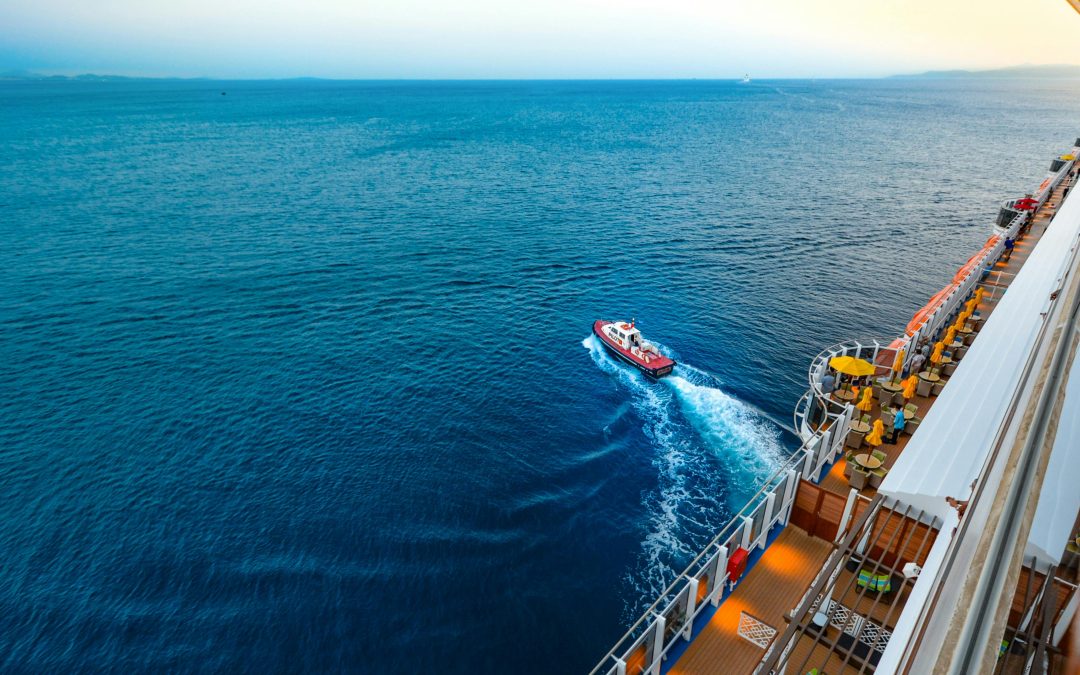The Longkou port in China’s Shandong province has discharged Russian crude barrels from a sanctioned ship, which was with an exemption, on Jan. 15 for the first time since the Shandong Port Group announced to blacklist carriers under US sanctions for more than a week, three Shandong-based sources told S&P Global Commodity Insights on Jan. 16.
Four newly sanctioned Aframaxes, carrying 2.73 million barrels of Russian crudes, were floating in Shandong waters to wait for docking permission with their exemptions. In contrast, three sanctioned VLCCs have rerouted amid the port group’s blacklist, according to S&P Global Commodities at Sea(opens in a new tab).
The sources said the Panama-flagged Mermar just unloaded about 755,000 barrels of ESPO at Longkou port. They added that the cargo had been taken by a Dongying-based independent refinery.
The ship was put into the latest US sanction list on Jan. 10 and had floated in the port anchorage since Jan. 11 until moving to the port jetty on Jan. 15.
“It finally got the permission because it was loaded before Jan. 10 which has an exemption,” one of the sources said.
CAS data showed that Mermar departed from Kozmino on Jan. 5.
The US Department of the Treasury stated, “All transactions prohibited by E.O. 14024 that are ordinarily incident and necessary for the delivery and offloading of cargo involving the blocked persons listed in the Annex to this general license are authorized until 12:01 am Eastern Standard Time on Feb. 27, 2025, provided that the cargo was loaded prior to Jan. 10, 2025.” This statement pertains to the authorization of limited safety and environmental transactions, as well as the unloading of cargo involving certain individuals or ships that were blocked on Jan. 10, 2025.
Four Aframaxes waiting
This would be good news for four newly sanctioned Aframaxes, which have been floating at anchorages of different ports of the Shandong Port Group since as latest as Jan. 13.
According to CAS, they are the Huihai Pacific, Viktor Titov, and Olia, which carry ESPO, and the Viktor Titov, which was loaded with Sokol.
Huihai Pacific rushed to its destination, Dongjiakou port, and reached the Shandong waters on about Jan. 9.
Independent refineries, also known as “teapots,” heavily depend on sanctioned crudes.
The latest sanction, coupled with the port group’s blacklist, has significantly boosted freight rates.
According to Commodity Insights data, Aframax freight rates for shipping ESPO blend crude from Kozmino to North China skyrocketed from $1.625 million at the end of the week ending Jan. 10, before the sweeping sanctions imposed by the US and UK on “shadow fleet” tankers transporting sanctioned oil from Russia, to $6.25 million on Jan. 16. This represents a staggering increase of 284.62%.
Charterers have been reported to be paying higher rates to meet buying interest, driven by the limited availability of non-sanctioned Aframax tankers for loading ESPO.
Blacklisted VLCCs with Iranian oil reroute
Meanwhile, three sanctioned VLCCs carrying Iranian crudes have rerouted from their original destination Shandong.
After circling for around 16 days while waiting for permission from Dongjiakou port, the Guyana-flagged Nichola, rerouted on Jan. 14, heading south toward Huizhou in Guangdong province. Nichola was previously named as Spirit of Casper and has been under sanction since Oct. 11.
Similarly, the Cameroon-flagged Oxis also rerouted on Jan. 14, with Zhoushan in Zhejiang province as likely the destination. Before that, the carrier floated in the Rizhao port waters for about five days. The ship was on the sanction list released on Jan. 10.
The Barbados-flagged Bendigo turned about in the South China Sea on the way to Shandong on Jan. 15. CAS showed that it was anchored near Hainan Island, waiting for order. The Bendigo has been sanctioned since Oct. 11.
“Not only the port group bans sanctioned vessels but also the private ports in the province to avoid attention worldwide,” said a source with a local independent refinery.
However, CAS showed that the VLCCs Salvia, Vera, and Happiness remained on the voyage to Shandong with Iranian crudes.
Source: Platts





